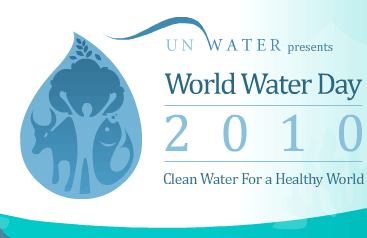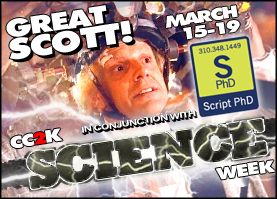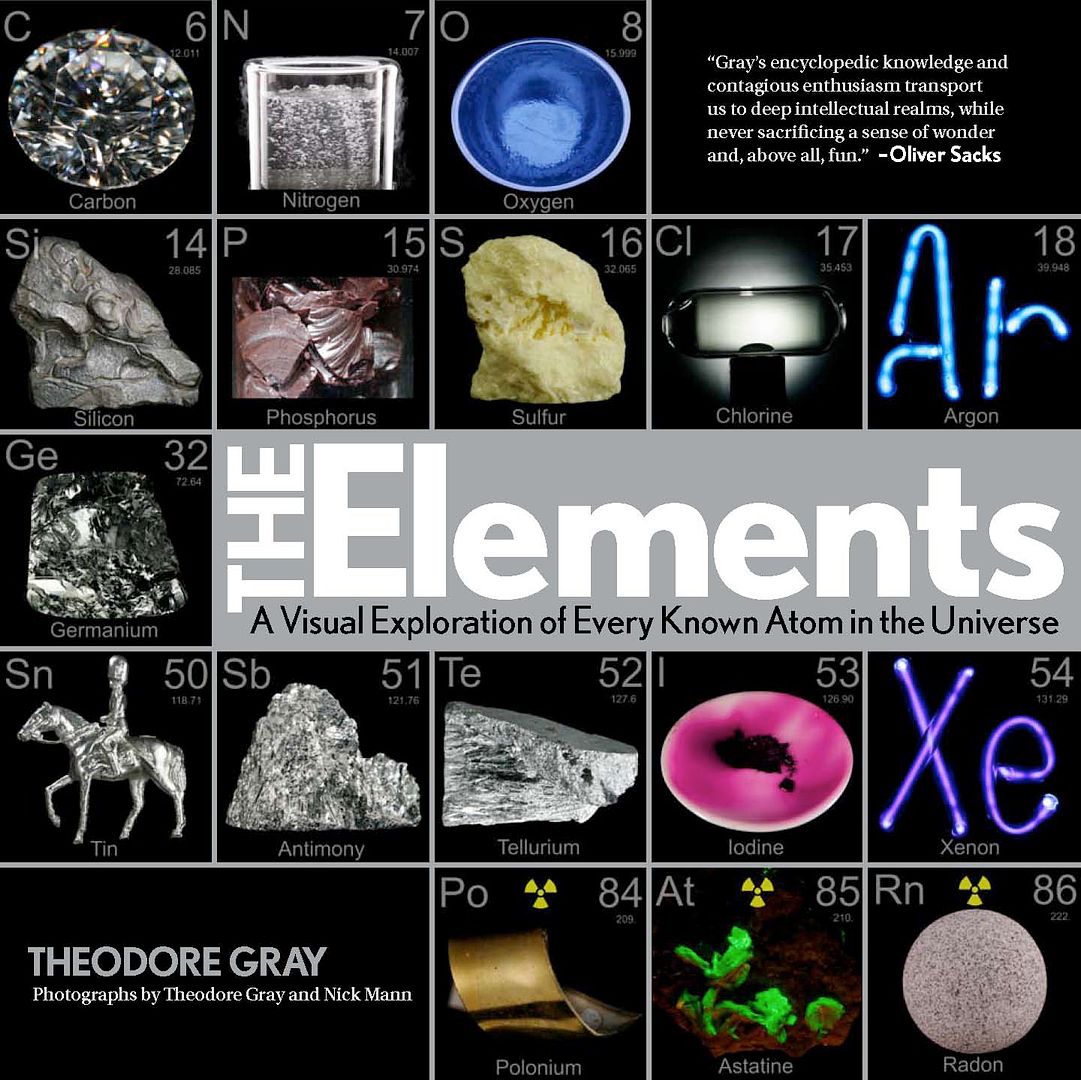
“Whiskey is for sipping, but water’s for fighting.” —Mark Twain
Today, March 22, 2010, is World Water Day, an initiative formed at the 1992 United Nations Conference on Environment and Development. As we head into Earth Day next month, no environmental issue carries more sociopolitical, economic and health ramifications than a clean and abundant supply of water. Some of the highest global morbidity and mortality rates are directly related to lack of access to clean water—both in contracting communicable diseases as well as agricultural impact that aggravates famine. At the heart of this discussion is a frenzied (and growing) thirst for bottled water; Americans alone bought more than 29 billion bottles in 2007. If you have long suspected that bottled water is not good for the environment, but only had a hazy notion about the specific consequences of the bottled water industry, Tapped, an Atlas Films documentary about to be released on DVD, will knock your socks off. The film expertly chronicles the insidious practices of bottled water companies and the dire consequences it has on our collective health, communities, environment, economy and policy in ways you never would have imagined. Our special World Water Day post under the “continue reading” cut.
Continue reading It’s Not Easy Being Green: ‘Tapped’ Out on Bottled Water (World Water Day)



